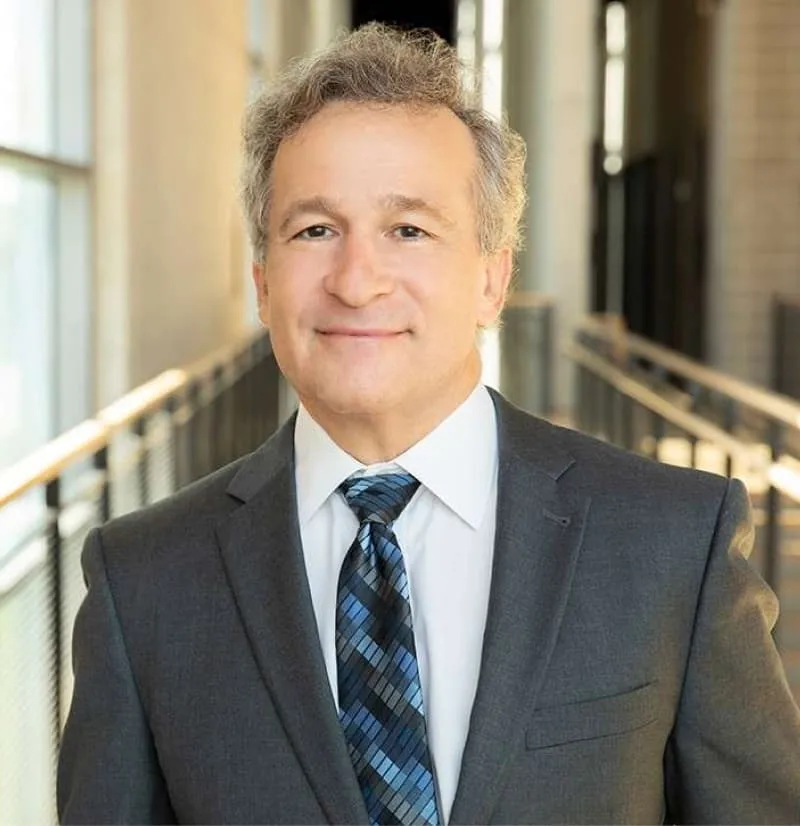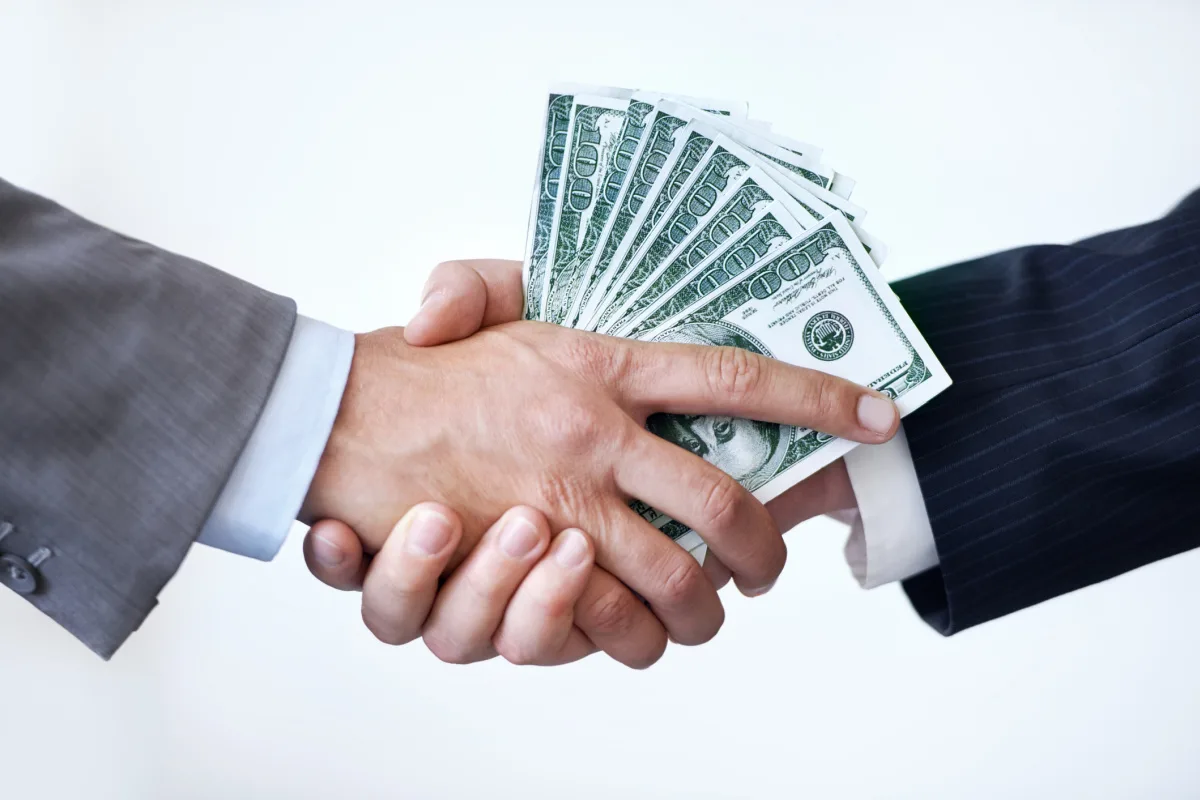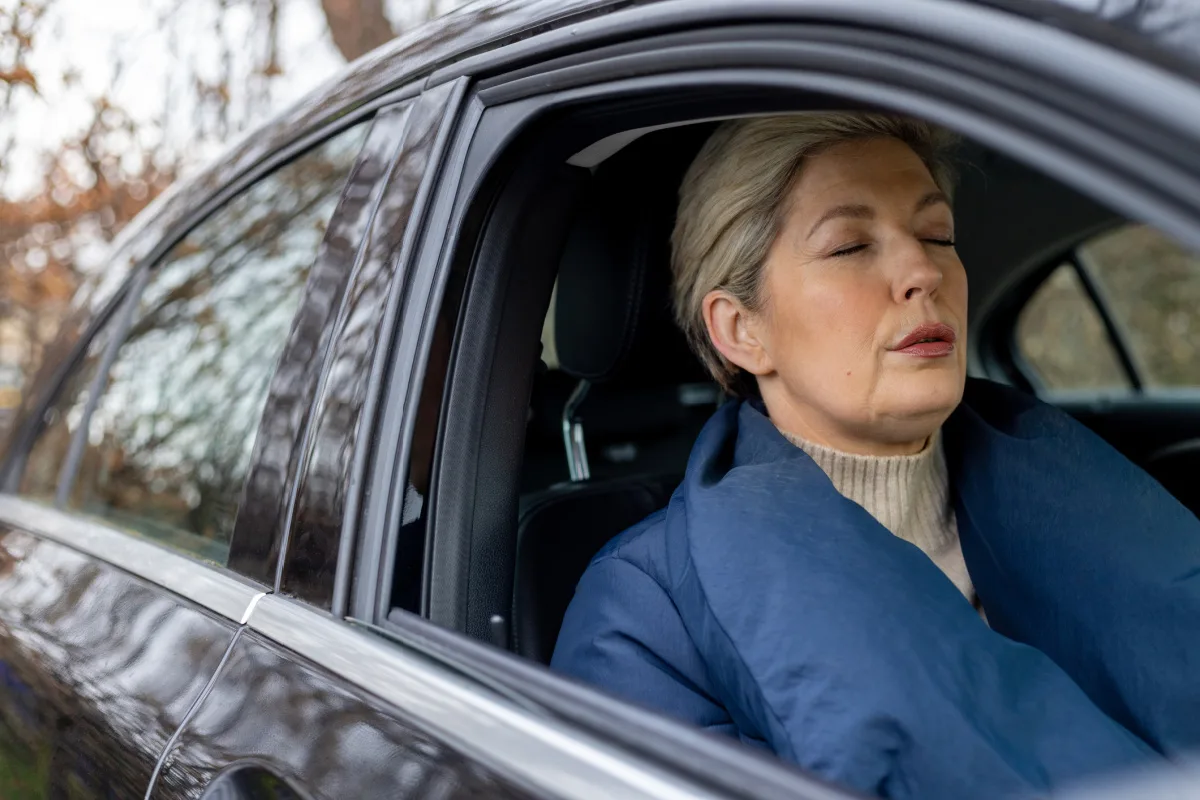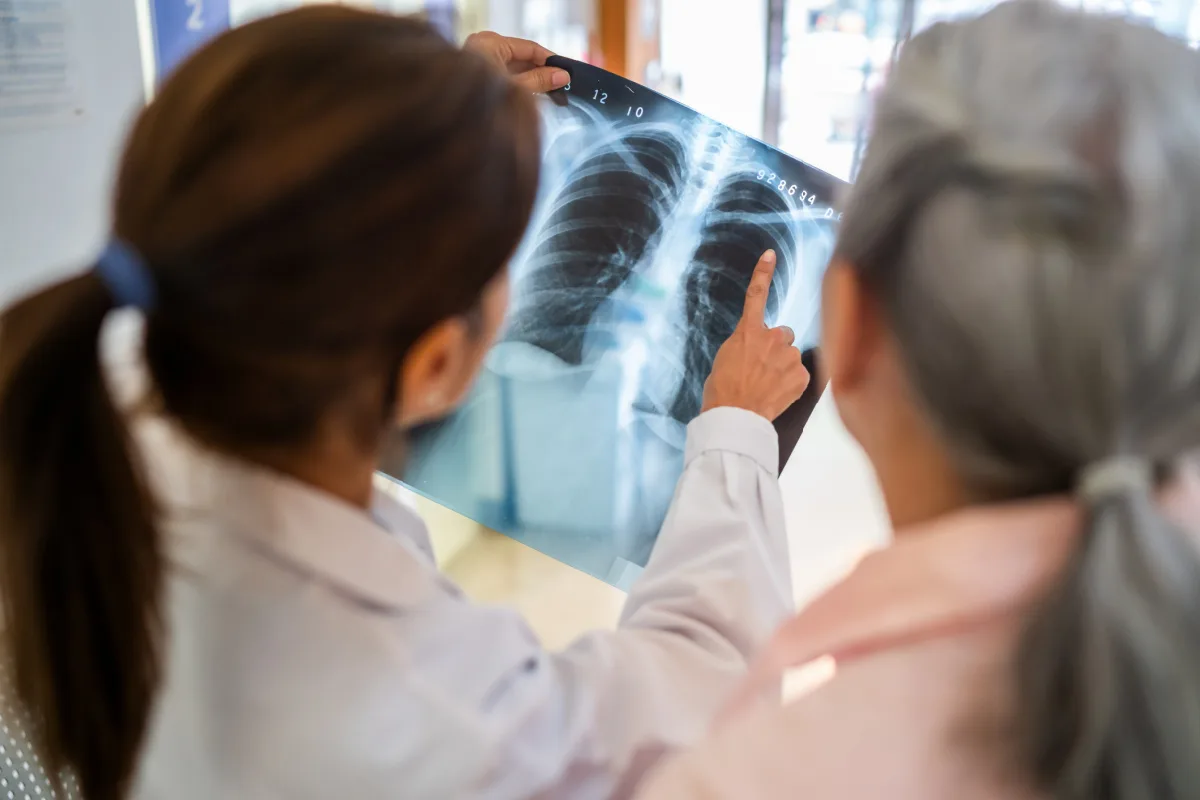A famous US Supreme Court Justice Potter Stewart once opined on obscenity: “I know it when I see it.”
The Maryland Board of Medicine weighed in on whether it was unprofessional to write a prescription for a patient at a restaurant / bar. Excerpts from the legal case tell the tale.
On October 1, 2012, Dr. Kozachuk met with Patient A and his father in the Daniels (restaurant and bar) parking lot and wrote a prescription for 100 tablets of Roxicodone (an opioid pain reliever), without taking a history or physical examination and without documenting the prescriptions in his medical records. The Supervisor saw Dr. Kozachuk in the parking lot and contacted the Howard County Police Department and the Special Agent. After the police and the Special Agent arrived, the Special Agent interviewed Dr. Kozachuk. During the interview, Dr. Kozachuk admitted to prescribing Roxicodone to Patient A in the parking lot, admitted to writing prescriptions for Xanax and oxycodone in exchange for $100 per prescriptions to Patient C and F at Daniels, and admitted to writing prescriptions at G.L. Shacks. After the interview, Dr. Kozachuk agreed to surrender his DEA Certificate of Registration.
G.L. Shacks is another restaurant and bar.
Dr. Kozachuk also told Agent Yeager that he had prescribed medication to patients at G.L. Shacks Grill. When Agent Yeager asked Dr. Kozachuk why he would prescribe there rather than in his office, Dr. Kozachuk told him that, “after the office visit the patient wanted to go to buy him something, like a beer, so they would go down to G.L. Shacks and he would write the prescription at the bar as opposed to his office.”
The Maryland Board of Medicine disciplined the doctor for unprofessionalism.
The Board rejected Dr. Kozachuk’s argument that “there is no legal basis for finding unprofessional conduct because there is no statutory provision, no regulation, and no American Medical Association Ethics Opinion that specifically prohibits prescribing outside of an office setting.”
This caser was appealed from the Board to an administrative law court.
Dr. Kozachuk’s prescribing practices, including selling prescriptions for opioids in the parking lot and in a restaurant constitutes unprofessional conduct in the practice of medicine. Seeing a patient in a public location, such as a restaurant, eliminates, or, at least, greatly reduces the privacy needed to ensure patient confidentiality. At a restaurant, individuals sitting nearby and restaurant employees are in a position to overhear details regarding the patient’s medical history, medications the patient takes, and the patient’s treatment options. A physician also cannot conduct a thorough physical examination in a restaurant. The option to perform a thorough medical examination must, at the very least, be available when prescribing opioids. Writing prescriptions in exchange for cash in public is a flagrant abandonment of professionalism. This is especially disturbing when the drugs prescribed possess such a high risk for diversion and abuse, such as opioids and benzodiazepines that Dr. Kozachuk prescribed. Selling prescriptions in a public space endangers the public, breaches patient confidentiality, see Salerian, 176 Md. App. at 249, and diminishes the standing of the medical profession in the eyes of the members of the general public.
While this case might have unique facts which resulted in a bad outcome for the doctor, where is the line?
If you are with friends and have zero professional relationship with them (meaning they are just your friends), and one announces he has symptoms A, B, and C. You do the most cursory physical exam in public. You write a prescription. You even document that in the medical record. Is that unprofessional?
How about someone you have no long-term relationship with? You are at the airport waiting to catch the plane. You make friends with a person in the airport lounge. He describes some symptoms. It seems straightforward. You feel as if you bonded with him. You write a prescription for him to fill when he gets home. You tell him to follow up with his regular doctor. He buys you a drink. You even document that in the medical record. Is that unprofessional?
My point is the definition of unprofessionalism is not straight forward. It is easy to imagine a regulatory body abusing its position of power because they don’t like how something “looks.” Seems like a slippery slope.
What do you think?





This is pretty clearly inappropriate. But so are all of the other examples cited. Just because some physicians do this is not going to make it any more appropriate.
Friends in an airport lounge doesn’t constitute a physician patient relationship and it is inappropriate to prescribe something in that context. That is no better than the itinerant surgeon, that the American College of Surgeons had railed against for years.
Friends with no professional relationship and ABC symptoms?
I would never write prescriptions for friends. You don’t know their history because you have not taken one. You cannot be objective. And it cuts corners that should not be cut, because your usual professional level of rigor is not observed.
This is just bad practice under all of the examples cited.
I do not carry a prescription pad with me
If anyone ask me for prescriptions I refer them to make an appointment at the office. Fortunately, I do not get those request very often
On one trip I did a counter prescription in a different state for Transderm-Scop for my nurse. The pharmacy checked with my office by phone.
In the past when I had a private office, if one of my staff had symptoms I would examine them and treat them and there was a office note. Even though they were not my regular patients they had their own chart with a note
In my current practice we have an acute care section as well as an in-house pharmacy. The nurses will often write out a prescription for my signature to take the in-house pharmacy for controlled medications to be administered by the nurse is in the urgent care. I was declined the handwritten prescription and put it into the record even though it gives a printed prescription for my signature. That way there is always a record or not depending on whether the other prescription was documented or not by the nurses
Per hospital discharges I’m only able to do paper prescriptions.
The only other time I do paper prescriptions is when our EHR system goes down, which fortunately is not frequent
On my chronic pain patients there is always documented examination and history. Even if the details changed very little over the years.
I believe the “airport case” would be very difficult to defend. To write a prescription without a history and physical is problematic.
I am more sanguine about the “friend case.” In my view, a physician-patient relationship is established once you take your friend’s history, perform a physical, and create a medical record. Whether this would pass medical board muster becomes very fact specific. Bottom line – you may prevail with a board complaint, but there will be plenty of anguish and loss of sleep. Common sense dictates it is best to avoid this type of situation.
My biggest problem is family members asking for non opioid drugs for sore throat or pink eye or chest cold. I do not feel comfortable doing this as a urologist, but I want to save them $150 and a long wait.
I think the location of prescription writing is a bit of a slippery slope. I can imagine a hypothetical case where a postoperative patient (say, fingernail surgery) is asking for additional pain medication, and yet is reluctant to come into the office on the weekend to be checked. You agree to meet him and his wife at Walmart where they are shopping, so you can determine that there is no spreading redness up the arm, interrogate him a bit in person in a private are whether he really needs that strong a pain medication, and get him to agree to come into the office on Monday for a complete check and decide to write for a couple of tablets to tide him over at that time. Was that then really unprofessional? The crux in this case should have been the SELLING of a prescription or taking goods or services in exchange for one AT ANY LOCATION. Tough cases, I think, make bad law (and bad administrative precedent).
Confidentiality is a non-issue if a patient and doctor meet in a parking lot, in a bar, or in CostCo. The patient has implicitly agreed that there will be no confidentiality. If the patient prefers to go elsewhere and the doctor says, in effect, it’s here or nowhere, that’s coercion and would be clearly inappropriate. But if it’s mutually agreeable, then it’s been agreed to. Does this sound odd to me? Yes, it does. But odd isn’t the same as unprofessional. I know it when I see it as well. This ain’t it, at least on its face.
HIPAA only protects against ~unwanted~ disclosure. It does’t mandate secrecy to the patient; it provides it. If a patient chooses to advertise his medical condition/situation, he can do that. There’s no law against doing that, even if it’s in poor taste.
As for doing this in the absence of an H&P, it is again situational. I don’t usually prescribe for close family unless it’s a total no-brainer. If it’s anything but that, I refer them to friends to take care of. It might be unwise for me to treat a close relative, but like oddness, that doesn’t rise to the level of unprofessional.
Since this is vaguely worded and undefined, I don’t think this would pass muster in a court of law. I’ve read many things being thrown out for lack of definition, or overbroadness of same.
Clearly inappropriate. Regardless of the situations.
Google Dr. John’s and DEA and see what happened to him.
It gives the rest of us bad name. Furthermore, my advice is to NEVER EVER write a prescription for qty”100” unless you personnaly write out easily recognizable in YOUR handwriting “ Confirm: QTY ‘100’ “
I never used qty 100z why? It’s extremely easy to add a “0” to “qty 10” 10 100 That simple. Also? Write dangerous addictive scripts and purposefully write over any lines on the script. I had a partner write a patient for tramadol #90 The kid scanned it and erased the tramadol on the computer and changed tramadol to Percocet. An astute pharmacist notice there parts of the line where the prescription of tramadol were(my partner had extended his writing unintentionally , parts of the “m” and “d” were deleted but left some blank spots. I am getting where I can’t see this message at parts of it for some reason so please excuse typos or grammar errors. One last thing , when I entered practice I faxed a letter to All pharmacies possible and expressed my prescribing habits. I said “I am a tightwad with controller substances. Any wry over 120, please call my nurse to confirm the script is valid , thank you and I look forward to working with you as colleagues “
I had the police in my office more times than I can count !!!
Good luck my friends and coleagurs!! Dr. Mark
Thanks Medical Justice for another great topic. Along these lines, there is a far more provocative issue that we will be encountering soon. In the not too distant future, people will get their first prescription from a Chat Bot. This technology is already available and in use.
These vignettes describe several slippery slopes, all of which lead directly to a cesspool of consequences.
The crux of this matter is the lack of a physician patient relationship and a formal record in the patient’s chart. (Though obviously the controlled substance prescribing in large quantities and being public enough to accept cash while being observed by a “supervisor” suggests this was no “One-Off”!)
Almost every state prohibits the writing of prescriptions without these things being in evidence, regardless of the substance prescribed.
Ignoring these two requirements is often the basis for charges of unprofessional conduct in physicians who treat themselves, family, or friends, which is why “curbstone consults” are almost always a bad idea except in the case of a true emergency. (Ex: an oral surgeon diagnoses a dental abscess in his grandchild while at an out of state family reunion; performs drainage with available instrument, desires antibiotic coverage and a family member who is a physician prescribes.)
The problem is that we physicians are generous and inveterate healers; it is very difficult for us NOT to want to help when someone is suffering, and we also want to shield patients from the vagaries of the health care system we know they will be subject to during off hours.
But there are alternatives to ED’s and Urgent Care for some conditions. Telemedicine services such as HealthTap are available 24-7-365 for minor conditions, and they DO allow prescribing, (though not for controlled substances). In addition, telemedicine docs can order lab tests and x-rays and follow up on results with the patient. So in addition to NOT carrying a prescription pad for your own protection, you can kindly direct an acquaintance in need to one. I do recommend HealthTap as I work there. http://www.healthtap.com/dr-healthtap will show you MY page so you can get an idea. But unless the patient is in WA or outside of US, a Health Tap consult would go to a doc who is local to the patient.
CAVEAT: Almost (if not) every state proscribes writing controlled substances for self (though some might allow if you have an established diagnosis, examine yourself and keep a detailed medical record including the reason that a consultation with another provider could not be sought), Strongly discouraged for family members as well in many states.
A physician who does this is in some states in immediate danger of investigation and possible DEA revocation. Many states closely monitor for self prescribing by physicians, even to the point of receiving reports from wholesalers when such medications are obtained “for office use”.
Clearly, we are well past the days of my grandfather’s (and Marcus Welby’s) practice where such things were normal.
“Prescriber Beware” would be my motto.
This situation is obviously inappropriate. It would have been inappropriate even in the office. However, what about writing a prescription for statin refill to a well-known established patient in a public place? Everything is a matter of judgment and common sense. Unfortunately, a small minority of our colleagues are missing both. They are in part responsible for having the rest of us gasping for air in an overregulated practice environment.